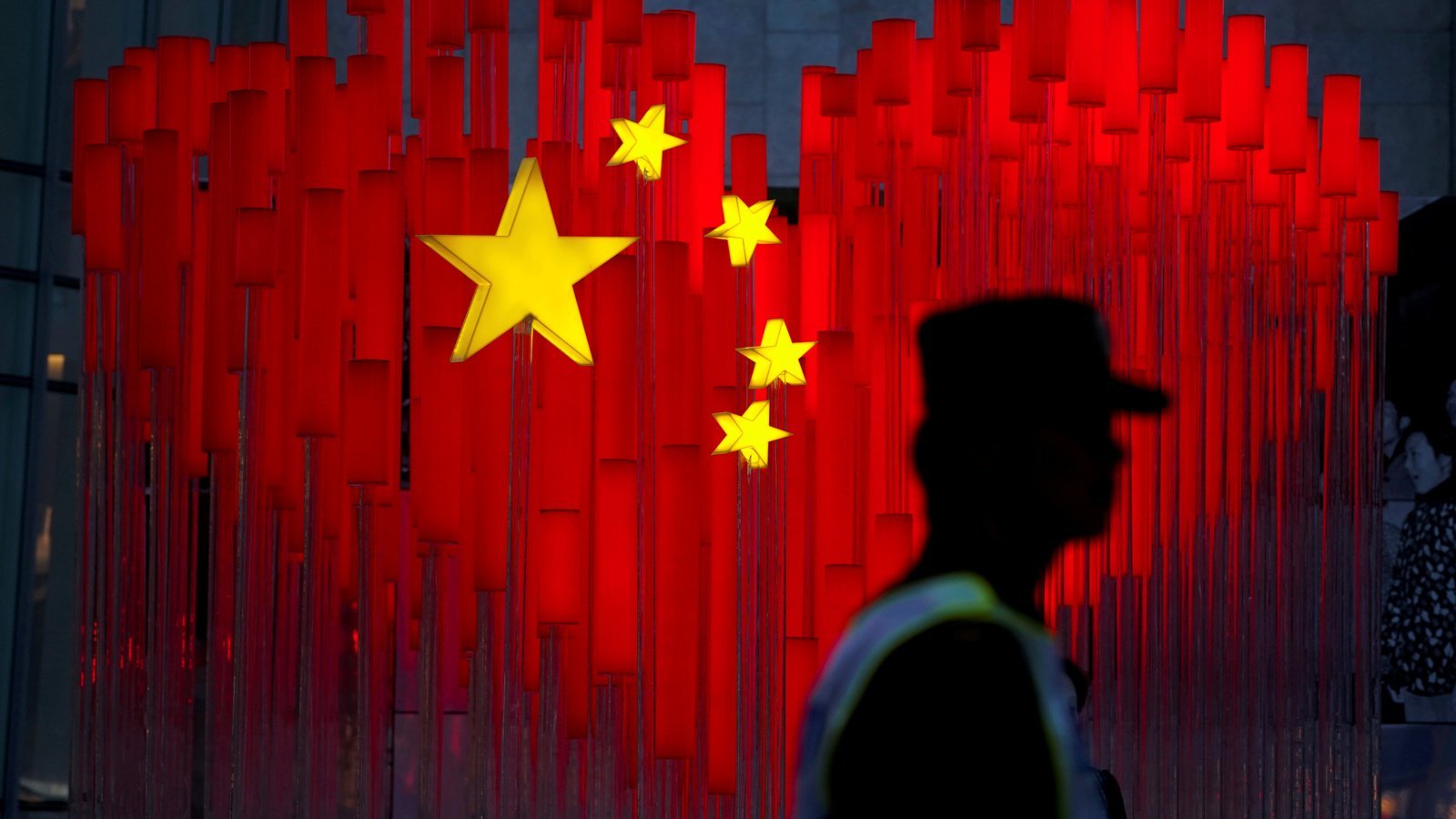At the beginning of 2021, publications began to appear in Russian-language social networks and the media that the Civil Code, which had entered into force, legalized the rating system for all citizens of the PRC. From now on, every Chinese receives privileges or has limited rights depending on his behavior. We checked whether this is actually true.
Soon after the onset of the New Year, news of the introduction of a social credit system throughout China began to be actively circulated in social networks. A few days later, publications with very similar content appeared on both the cybersecurity portal SecurityLab, and on news resources The Caucasus Post And "Arguments of the week". The author of the last of these notes even linked the introduction of new legal norms to the coronavirus pandemic, which could distract attention from such a radical decision by the Chinese authorities.
The social credit system is a kind of rating of all citizens and foreigners living in China, which the Chinese government began working on more than ten years ago. According to this idea, thanks to the mass collection of information, authorities and businesses will be able to assess the reliability of each person and, in accordance with this, either grant him privileges or impose restrictions on him. The effectiveness of the system is achieved due to the fact that in China many social networks and Internet platforms familiar to us are blocked (Twitter, Facebook, Tinder, Netflix, Google services and others), and their place is taken by Chinese analogues controlled by the state. Professor of the Higher School of Economics, acting. O. Director of the Institute of Far Eastern Studies of the Russian Academy of Sciences Alexey Maslov emphasizes, that quite quickly these services (primarily the WeChat messenger) turned into super applications through which the Chinese, for example, pay taxes and buy air tickets, and therefore it is impossible not to use them. Additional information is provided to authorities through numerous CCTV cameras and facial recognition systems.
Although the Chinese authorities have announced plans to introduce a rating system throughout the country by 2020, so far different cities and provinces have their own rules. In general, the system works approximately So: Each citizen has a certain rating, which increases due to “good” deeds and decreases due to “bad” ones. If you, for example, donate blood or make donations to charitable organizations, this rating increases. There are no less opportunities to reduce your rating - for example, in Shanghai And Hangzhou this will happen if you refuse to sort garbage, in Nanjing - in case of five violations of traffic rules, and in Beijing — if you decide to have a snack in a subway car. If your rating is high, then the government considers you reliable and can, for example, support starting a business or provide discount on utility bills. Otherwise, the citizen can refuse in the sale of an air ticket or don't take to work in a government agency.
The Civil Code of the People's Republic of China was adopted in May 2020 and came into force on January 1, 2021. It is already available on the Internet translation into Russian, made by Pavel Bazhanov - working in Hong Kong lawyer, which leads blog about Chinese law. We were unable to find in the Civil Code any mention of the social credit system and the point system, which the authors of publications in social networks and the media wrote about. Bazhanov in a comment to WikiNews emphasizes: “The expression “social credit” (社会信用) is not in the Civil Code at all, there is only “creditworthiness” (信用). <…> The only mention of “creditworthiness” in the Chinese Civil Code is related to the right to reputation: creditworthiness is recognized as part of the reputation of individuals and organizations, so they can request and obtain information about themselves from credit bureaus and other organizations involved in credit assessment, and in case of an error, demand correction.” According to the expert, the entry into force of the code is just a reason for “another stuffing” in the media space, and the very description of the rating in the Civil Code would look strange: this document regulates relations between citizens and legal entities, but not between citizens and the state.
Thus, much of the information presented in recent publications on social networks and the media does not correspond to reality. In China indeed are planning introduce a nationwide rating system, but currently its functioning differs significantly from province to province. It is incorrect to compile regulations from Beijing and Shanghai, Guangzhou and Shenzhen into one list and claim that all these regulations apply to all of China. It is even more incorrect to say that these norms are enshrined in the Civil Code of the People's Republic of China, which does not talk about any points or related privileges and restrictions. It would be surprising if it were said that the document was adopted in the spring of 2020, and in November the Chinese authorities came to the conclusion, that the system still needs to be improved, and its widespread introduction was postponed.
We thank Associate Professor of the Department of Oriental and African Studies at the Higher School of Economics in St. Petersburg Svetlana Krivohizh for assistance in preparing the material.
Mostly lies
- https://carnegie.ru/commentary/71546
- https://chinalaw.center/civil_law/china_civil_code_2020_russian/
- https://www.hse.ru/news/expertise/357514874.html
If you find a spelling or grammatical error, please let us know by highlighting the error text and clicking Ctrl+Enter.







